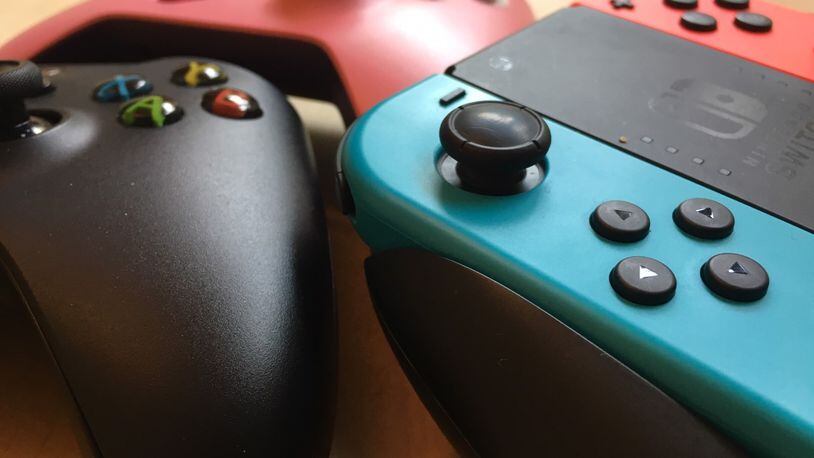The FTC is looking into the $30 billion loot box industry to examine its affect on children and whether it should be considered an illegal form of gambling.
Loot boxes, or loot crates, are in-game purchases or rewards that give players a random set of costumes, weapons, features or other blind items.
Matthew Burrell said his 8-year-old son is sometimes glued to his video games.
“‘Fortnite’ is the big one for him at his age. He plays it for hours unless we get him off of it, unfortunately,” he said.
And it’s caused some problems.
“My debit card is connected to my PlayStation 4 and they have bought stuff that they weren’t supposed to,” he said of his children.
But it’s not just the loss of money parents need to worry about. The FTC is investigating gaming loot boxes and whether they encourage kids to gamble.
“There is some correlation between gaming and gambling,” said Paula Cosby of Montgomery County’s Alcohol, Drug Addiction and Mental Health Services Board. “Just as with gambling you don’t really know what you are going to get — it’s a game of chance — you are hoping to get one thing where you might get anything randomly paced in these loot boxes.”
Cosby said parents should limit play and watch for this gambling red flag, that children “would continue the gaming behavior regardless of negative consequences so you don’t get the loot box for the item that you were searching for and you continue to put money in it.”
Gambling behavior is a concern for Burrell.
“It’s definitely something you have to think twice about before you let them get on the game,” he said.
For more information contact the Ohio Problem Gambling Helpline at 1-800-589-9966.
